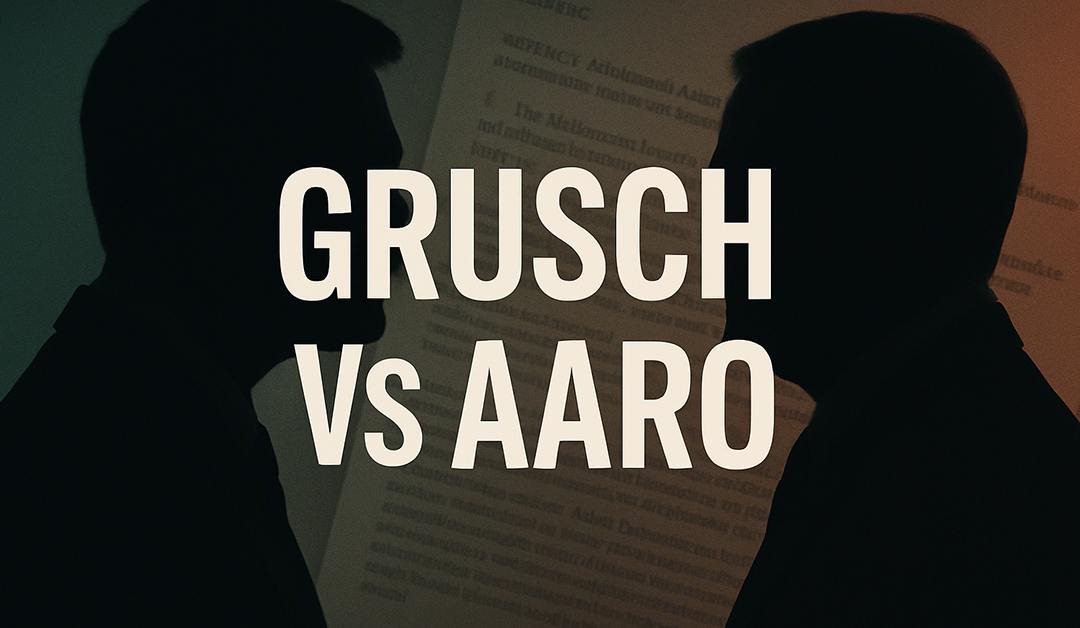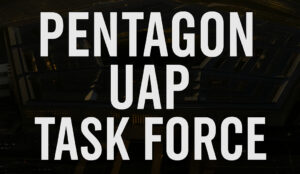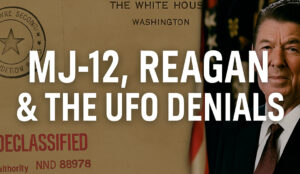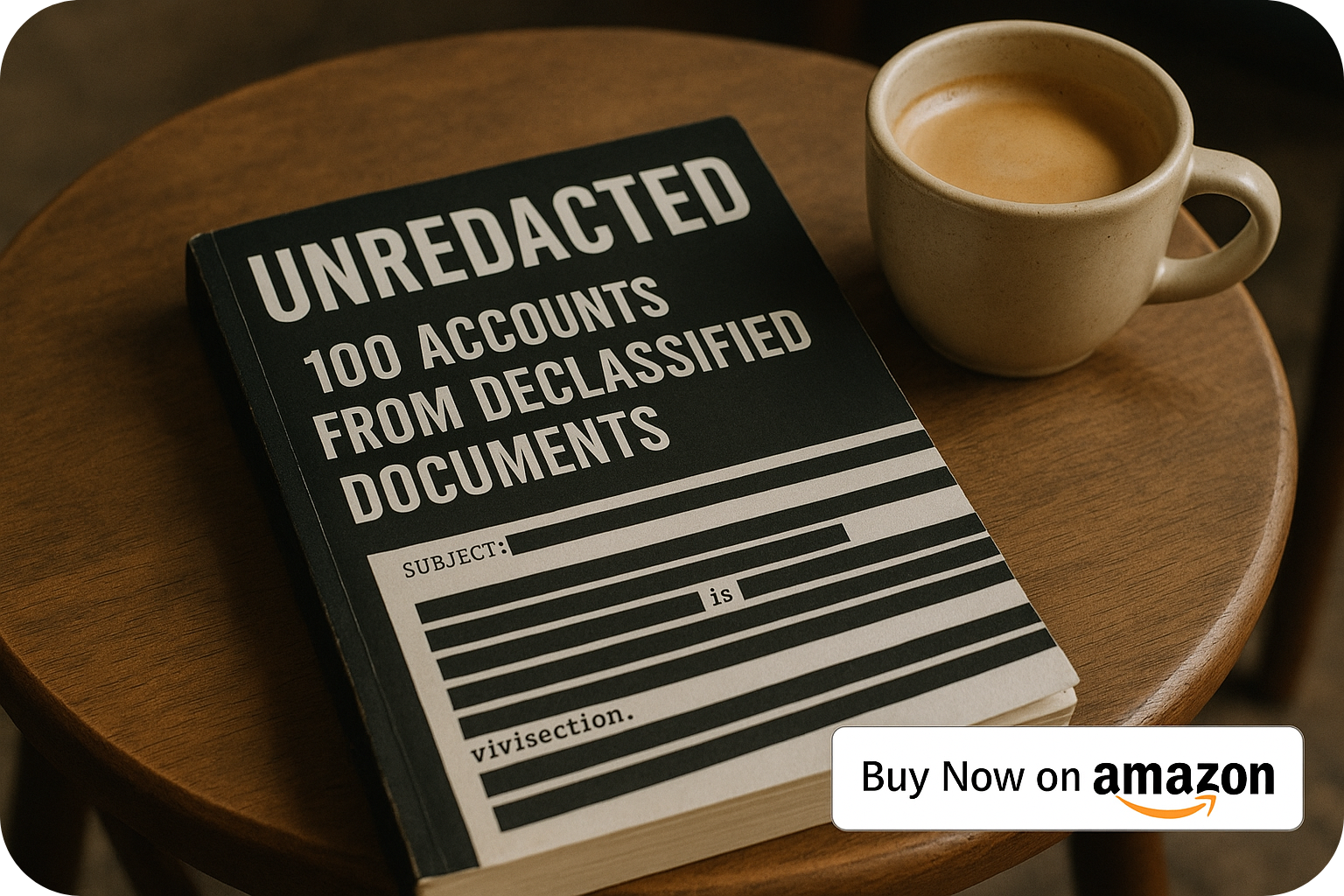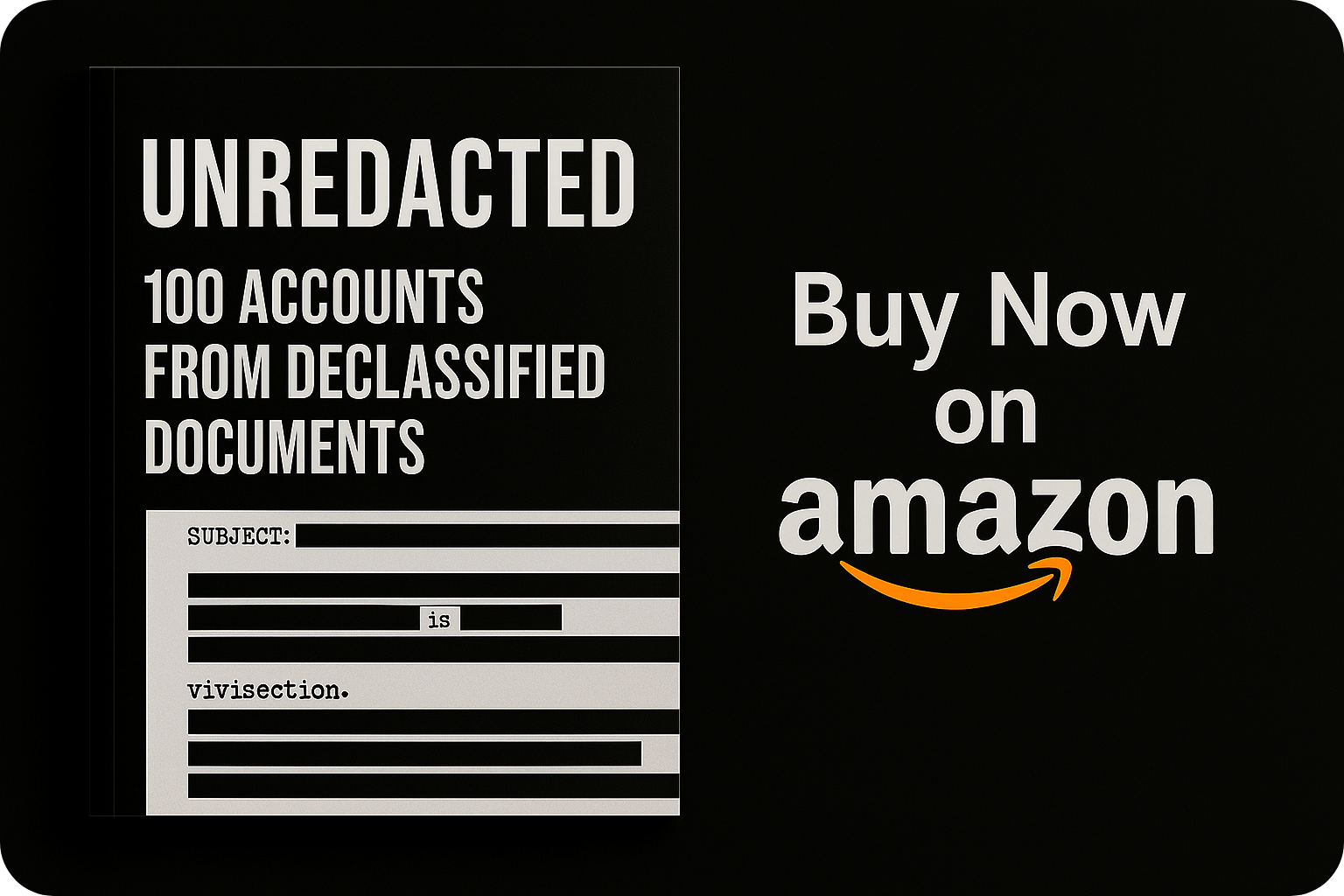In a tangle of internal emails, meeting memos, and agency-to-agency requests, a clear story emerges: the Pentagon’s All-domain Anomaly Resolution Office (AARO) tried-repeatedly-to get whistleblower David Grusch to speak with them.
He declined.
The released communications don’t contain revelations about crashed craft, reverse engineering, or extraterrestrial materials.
Instead, they offer something more telling: a bureaucratic standoff, marked by legal caution, mutual suspicion, and a high-stakes lack of trust.
Grusch, the former intelligence official who told Congress that the U.S. government is hiding recovered non-human technology, told the media that AARO wasn’t legally authorized to hear his claims.
AARO says that’s false. And now, they’ve published the paper trail to prove it.
📩 11 Invitations, 0 Interviews
According to the file, AARO reached out to Grusch at least eleven separate times between June 2023 and January 2024. They tried intermediaries, Senate staffers, and former colleagues. They offered:
-
Secure SCIF meetings
-
Written legal advisement memos
-
Authorization letters from ODNI and DoD Special Access Programs offices
Each time, Grusch declined or didn’t show. In one case, he scheduled an interview, confirmed it, then never arrived at the meeting.
"Grusch… agreed to be interviewed in Arlington, VA on November 14th, 2023… [but] failed to show at the agreed upon location and time."
- AARO Memorandum for Record, Jan 2024
🧠 What Grusch Wanted: Absolute Legal Clearance
Grusch’s emails outline detailed concerns about the legality of disclosing sensitive information-even within a secure setting. His position:
-
The term "UAP-related" is too vague under current DoD definitions
-
Some programs he knows of are covered by traditional, not UAP-specific, classification guides
-
He needed clearance from agencies beyond ODNI and DoD (including CIA and NSC)
-
He feared AARO did not have true need-to-know under those specific compartments
He also cited past retaliation concerns and suggested that providing testimony to AARO could expose him to legal risk-even if technically authorized by the FY2023 NDAA.
🛡️ AARO Says They’re Authorized. He Didn’t Believe Them.
The Department of Defense and ODNI both issued written memoranda stating that AARO is fully authorized to:
-
Receive classified information about UAP
-
Hear testimony under any nondisclosure agreement
-
Operate across compartments and programs-including Special Access and Controlled Access
But Grusch pushed back, stating that classification authorities don’t align across all agencies, and that discussing UAP-related issues might expose conventional black programs.
In his own words:
"To discuss UAP-related activities would also expose conventional SAP mission areas… some of it may be bigoted or WAIVED."
- David Grusch, email to AARO, Nov 2023
He requested documentation from CIA, DOE, NSC, and CAPCO-none of which were included in the released file. He never received those assurances.
🧩 Why It Matters
This isn’t just about one whistleblower. It’s about whether the systems built to investigate UAPs and protected programs actually work-especially when insiders won’t cooperate.
The records suggest:
-
AARO did follow procedure and offered legal protections
-
Grusch did not trust those procedures and felt they were incomplete
-
Congressional staff and media allies were caught in between
If even a cleared, high-level former official like Grusch won’t speak to the body Congress empowered to investigate UAP claims-who will?
🕳️ A Shadow Disclosure
Ultimately, this document is a rare thing: a declassified look at a classified impasse. It doesn’t confirm alien technology. It doesn’t debunk it either.
But it shows how claims about it-real or not-can vanish behind legal hesitation, interagency politics, and a lack of consensus about what "authorized" even means.
For now, Grusch’s testimony lives in fragments: before Congress, in public interviews, and in the pages of this file-not with the office that was built to hear it.

